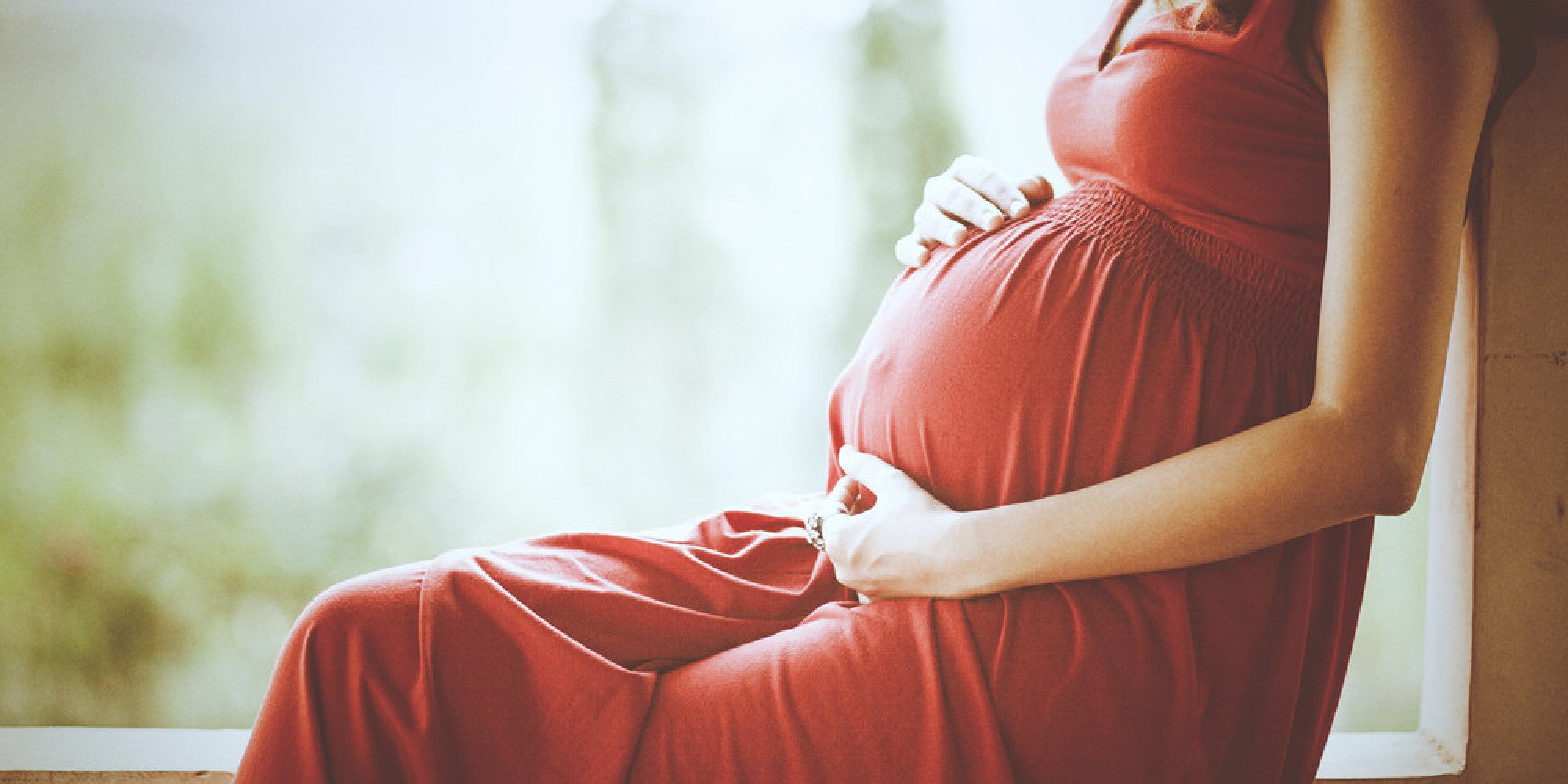Pregnancy is a transformative journey that brings immense joy to countless women. But it also brings a host of discomforts to the table. One such discomfort is the pain that some women experience during pregnancy. And while you might think we mean pain in your abdomen, the focus today is the pain in your feet.
During pregnancy, women naturally gain weight, typically ranging from 25 to 40 pounds (ca. 18 kg). This weight gain puts additional strain on the heels, leading to discomfort to say the least. To add to this, the release of hormones during pregnancy can affect the ligaments and joints in the feet. This makes them looser and more sensitive to pain. These two changes combine to increased pressure on the feet, ankles, and arches.
Ultimately, this can either lead to more or less pronounced arches, both of which lead to strain down the road. To make matters worse, women are more vulnerable to foot pain even before considering pregnancy. Since women usually have more narrow feet with higher arches than men, they need more arch support. And women’s shoe wear is more often than not more tight-fitting and less supportive than men's shoes.
That’s why we compiled this list of foot issues to expect when you’re expecting. And of course, no list is complete without some tips on how to reduce the pain in your feet.
Common ailments during pregnancy
Over-pronation
A frequent struggle for pregnant women. It occurs when the foot collapses and flattens, placing added stress on various foot structures. The arch of the foot becomes less pronounced due to the increased weight, causing the feet to roll inward while walking. This can lead to strain, inflammation, and potential discomfort in the plantar fascia, potentially resulting in further conditions like plantar fasciitis.
Plantar fasciitis
A common foot ailment experienced by many pregnant women. It arises when the plantar fascia, a band of tissue on the bottom of the foot, becomes inflamed and stretched due to inadequate support during walking or weight gain. This condition often causes sharp, stabbing pain, particularly after taking the first steps in the morning.
Edema, or swollen feet
A normal occurrence during pregnancy. It typically manifests in the later stages of pregnancy and is caused by the accumulation of additional blood and fluid. Swelling can affect the legs, ankles, and feet. However, if swelling is significantly uneven between the two feet, it may indicate a more serious issue, warranting immediate consultation with a healthcare professional.
How to deal with foot issues while pregnant?
Luckily, there are ways to reduce or even eliminate the above discomforts. The advice we have against foot pain during pregnancy is the following:
- Ice your feet: Apply an ice pack to reduce swelling and soothe pain. The cold temperature helps reduce inflammation.
- Maintain a well-balanced diet: Follow a nutritious diet that includes a variety of fruits, vegetables, lean proteins, and whole grains. Avoid excessive consumption of salty and fatty foods, as they can contribute to swelling.
- Wear supportive hose: If you experience leg pain often, wear support hose during the day. At night, a heating pad or gentle massage can reduce the discomfort associated with sciatica.
- Elevate your feet: Whenever possible, prop your feet up on a stool or cushion to promote better circulation and reduce swelling.
- Take regular breaks: Make sure to take frequent breaks throughout the day to stretch your plantar fascia, legs, heels, and calf muscles. This can help improve blood flow and relieve tension.
- Stay active: Engage in regular exercise and walking to promote better blood circulation, which can help reduce foot pain. Consult your healthcare provider for appropriate exercises during pregnancy.
- Listen to your body: If you feel tired or experience pain, it's important to slow down and rest. Your body is signaling that it needs a break.
- Stay hydrated: Drink plenty of water throughout the day to flush out excess fluids and aid in reducing swelling.
- Wear comfortable footwear: Opt for shoes that provide proper support and have room to accommodate any swelling in your feet. Avoid high heels or tight-fitting shoes that can worsen foot pain.
How do supportive insoles reduce foot pain during pregnancy?
One of the easiest ways to get rid of discomfort in your feet is to use high-quality supportive insoles. Cork insoles excel in supporting pregnant women, by being squishy enough to shape to your feet, while being rigid in all the right places.
At Primal Soles, we make cork insoles that give you nature-based support. We make the only 100% recyclable cork insoles in the market in accordance with EU regulations. The entire production process is CO2 negative. And we have a program in place that makes recycling them effortless for you. Because over time and after lots of exploring, your insoles will wear out. But we’ll always be there, at the end of the path, to give your feet the support they deserve.
So why not give Primal Soles a try? By using advanced production techniques, we make thin insoles that can accommodate even swollen feet. And since we make the only 100% recyclable insole on the planet, you’re helping to create a better world for your future child.
Let nature support you.
And support nature back.




